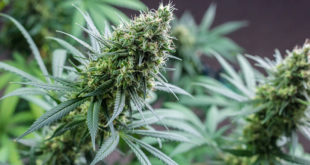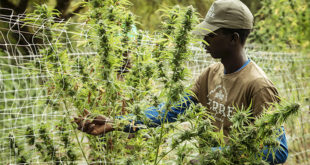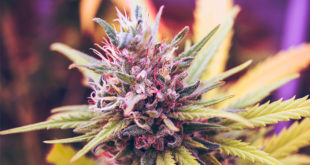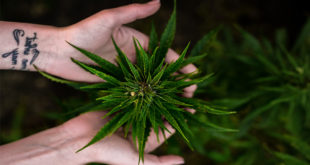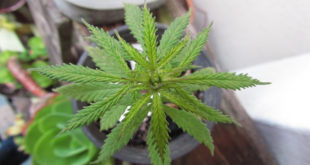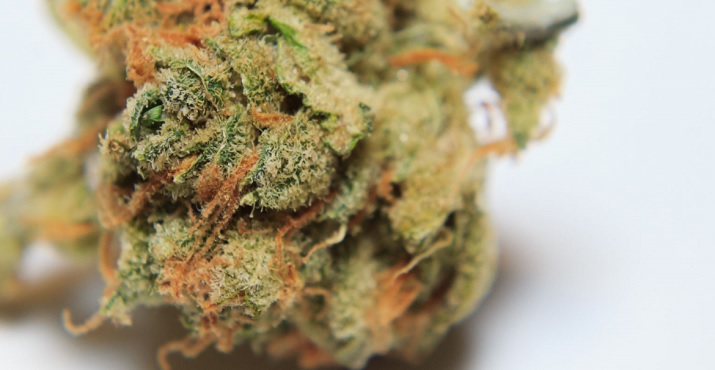
State officials determined that the legal marijuana industry was paying for itself in Alaska, so they wanted to raise the sales tax in Anchorage. But the vote was 8-2 in favor of not increasing the tax. The officials also determined that raising the tax would not be fair to new companies entering the industry.
Eric Croft and Fred Dyson were the only two Assemblymen to support the increase, Anchorage Daily News reports. The idea to increase the marijuana sales tax from 5-percent to 7-percent came from Mayor Ethan Berkowitz’s office. The intention of the increase would have been to offset property taxes and costs of public safety along with the cost of drug and alcohol abuse.
Croft said, “The tax structure we have on this business is not onerous compared to other states. Certainly not onerous compared to it being a felony before, guys.”
The City of Anchorage does have the ability to raise the marijuana sales tax every two years by up to 2-percent. The cap on the marijuana sales tax is 12-percent. According to Chuck Schutte of the Anchorage Office of Economic and Community Development there were two main reasons to discuss the increase. The first was that city departments spend a lot of time working with the marijuana industry. Schutte also indicated that the time frame to raise taxes is limited.
Assembly member Amy Demboski wanted hard facts on the true costs of the marijuana industry to the city. Lance Wilber, the city budget director, said that some departments cost about $615,000 to get up and running. Wilber also estimated an annual cost to the city of $350,000. Anchorage received $1.26-million in marijuana sales tax revenue in 2017 which more than paid for the regulatory and operational costs.
Demboski said, “Clearly the industry has already paid for its cost.”
Another reason that the tax was not increased is that businesses could have relocated outside of Anchorage, according to Pete Petersen.
Petersen said, “I just think increasing the tax at this point is unfair, and I believe we would end up shooting ourselves in the foot.”
Petersen made a comparison to the group regarding the alcohol industry. Anchorage alcohol sales in 2017 were about $300-million but zero tax dollars were paid to Anchorage.
Petersen said, “Taxes paid by the alcohol industry to the Muni of Anchorage: Zero.”
According to Croft, the request to increase marijuana sales taxes was “reasonable”.
Aaron Morse, affiliated with Great Northern Cannabis, said, “Cannabis retail operations in the state are being taxed 60 to 90 percent as it is.”
Taxes vary across the state, but none seem to be higher than Juneau at 8-percent. Raising marijuana sales taxes may return legal marijuana users to their black market connections. Maintaining the tax revenue is important to the state, which may be an additional contributing factor to the Anchorage Assembly’s rejection of an increase.
 Alaska Marijuana | AK Marijuana Alaska Marijuana Info And News
Alaska Marijuana | AK Marijuana Alaska Marijuana Info And News
